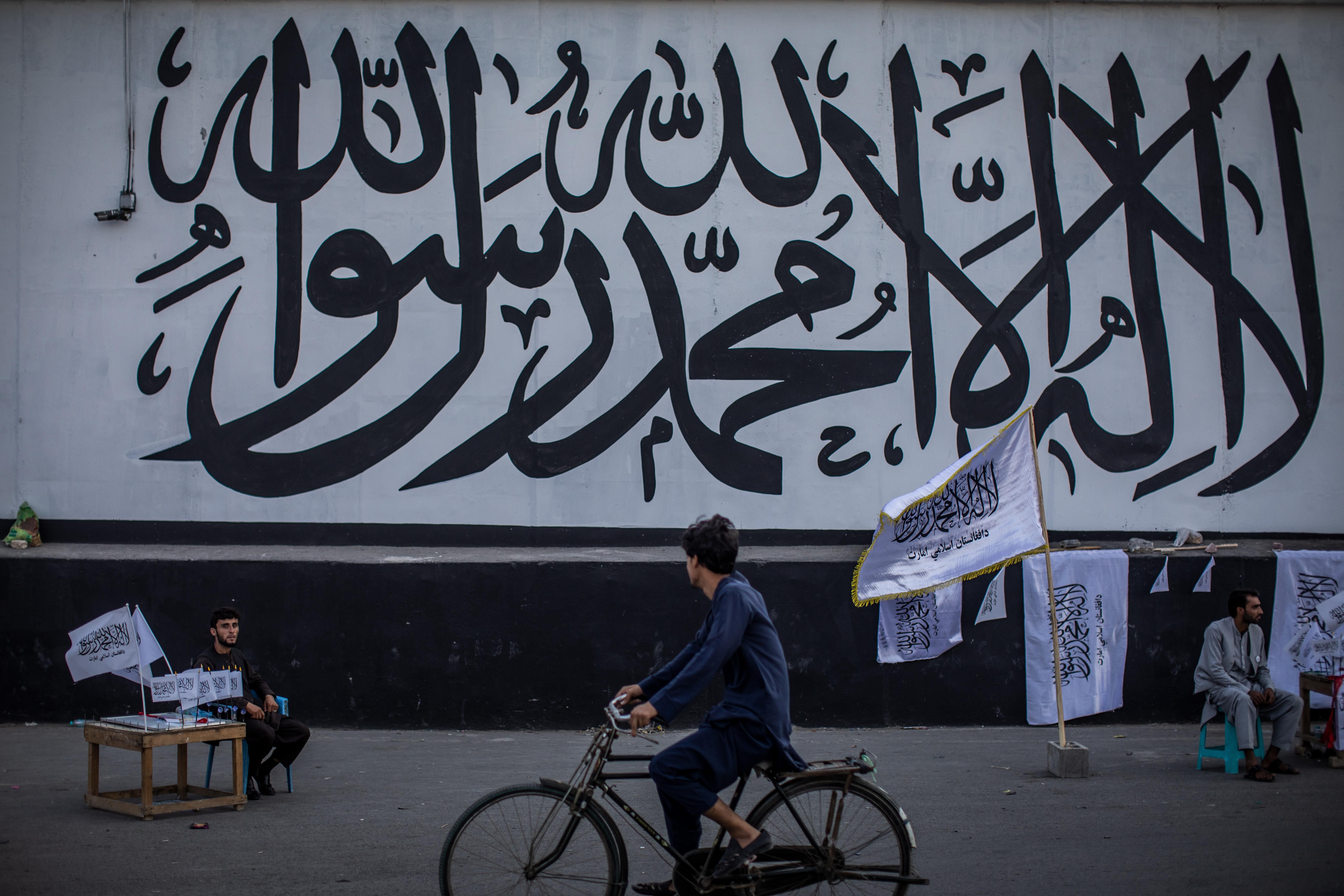Will the real Taliban please stand up? The Taliban seem to be adopting a classic one-step-forward-two-steps-back approach to governance. Last week, at a conference attended by dozens of foreign ministers from across the Islamic world, their top diplomat claimed that all government departments had resumed operations. But on Sunday, the new rulers of Afghanistan announced the shutdown of the main election commissions and the ministries of parliamentary affairs and peace, calling them “unnecessary.” Confusion ensues: evacuee flights have been stalled, but the passport office has been reopened. In addition, every day turns up new bizarre and oppressive regulations, such as women not being allowed to travel alone over 45 miles in a cab, which must be driven by a driver with a beard. And there is evidence that the Taliban continue to both attract jihadists and threaten regional peace. At the same time, they are also engaging officially with Iran, despite their anti-Shia stance, and have even set up a WhatsApp hotline to fight pollution. Which Taliban are running Afghanistan? Are they at all?
☰
More from GZERO Media
Graphic Truth: Turkey is cheaper, but inflation still gobbles
November 26, 2025
Eileen Zhang
US President Donald Trump pardons a turkey at the annual White House Thanksgiving Turkey Pardon in the Rose Garden in Washington, D.C., USA, on Nov. 25, 2025.
Andrew Leyden/NurPhoto
Although not all of our global readers celebrate Thanksgiving, it’s still good to remind ourselves that while the world offers plenty of fodder for doomscrolling and despair, there are still lots of things to be grateful for too.
Russian President Vladimir Putin welcomes US envoy Steve Witkoff during a meeting in Moscow, Russia, on April 25, 2025.
Sputnik/Kristina Kormilitsyna/Pool via REUTERS
Palestinians walk in the rain at a makeshift camp in Gaza City, on Nov. 25, 2025.
Majdi Fathi/NurPhoto
Hard Numbers: France’s Bardella would win an election today, Trump’s support among Latinos falls, Fox hunts for a seat in the Bahamas, and Hitler returns
November 25, 2025
Marine Le Pen, French member of parliament and parliamentary leader of the far-right National Rally (Rassemblement National - RN) party and Jordan Bardella, president of the French far-right National Rally (Rassemblement National - RN) party and member of the European Parliament, gesture during an RN political rally in Bordeaux, France, September 14, 2025.
REUTERS/Stephane Mahe
Army Chief Asim Munir holds a microphone during his visit at the Tilla Field Firing Ranges (TFFR) to witness the Exercise Hammer Strike, a high-intensity field training exercise conducted by the Pakistan Army's Mangla Strike Corps, in Mangla, Pakistan, on May 1, 2025.
Inter-Services Public Relations (ISPR)/Handout via REUTERS
Field Marshal Asim Munir, the country’s de facto leader, consolidated his power after the National Assembly rammed through a controversial constitutional amendment this month that grants him lifelong immunity from any legal prosecution.
What We’re Watching: Russia and Ukraine negotiations continue, Trump and Xi make a springtime date, Sudan’s rebels declare unilateral ceasefire
November 25, 2025
Ukraine's President Volodymyr Zelenskiy and U.S. Army Secretary Daniel Driscoll attend a meeting, amid Russia's attack on Ukraine, in Kyiv, Ukraine, November 20, 2025.
Ukrainian Presidential Press Service/Handout via REUTERS
- YouTube
In this “ask ian,” Ian Bremmer tackles a growing question: How is the Trump administration performing as the year wraps up?
© 2025 GZERO Media. All Rights Reserved | A Eurasia Group media company.
